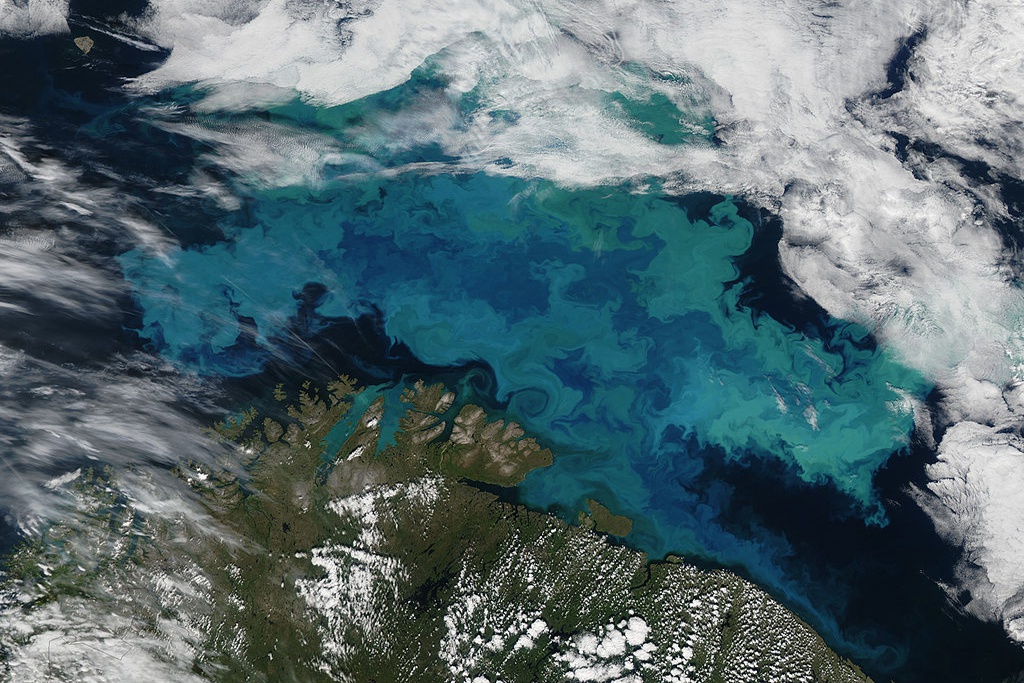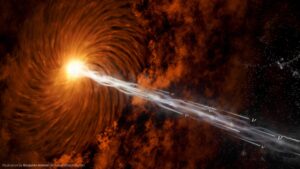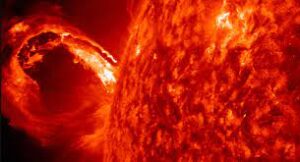
Will A City-Size Asteroid Extinguish Life On Earth? Uncover How Humanity Will Be Annihilated
As we get older, we hear various beliefs about how life on earth will end. The family presents various lectures, and science offers a different perspective.
But how exactly the existence of the earth will disappear from the universe? Will the asteroid strike occur? Explosion from Supernova or other disasters that can erase humanity. Let’s find the way:-
Life is tenacious. Some experts believe that the first life on Earth began as far as 4 billion years ago. Our planet was still beaten by a very large space at the time.
Asteroid Impact
- The dinosaurs and most other life on Earth at the time vanished 66 million years ago when a city-sized asteroid slammed into the Gulf of Mexico.
- The whole population of Earth could be wiped out by an asteroid in the future. Thankfully, that won’t probably happen anytime soon. NASA estimates that a huge asteroid hits Earth every 100 million years or so, relying on the geological record of cosmic collisions.
Deoxygenation-Induced Death
- The Great Oxidation Event, which occurred about 2.5 billion years ago, produced the breathing atmosphere that we all rely on today.
- The Late Ordovician mass extinction, which occurred 450 million years ago, was one of Earth’s greatest extinctions, and it most likely occurred as a result of the opposite happening. For several million years, the earth’s oxygen content dropped dramatically.
- But could there be another deoxygenation event? Researchers who participated in the current Nature Communications study claim that climate change is already lowering the amount of oxygen in our oceans, potentially eradicating marine life.
Sun’s Last Day
- Scientists contend that the planet’s oxygen-rich environment is not a constant. Rather, atmospheric oxygen will return to its pre-Great Oxidation Event level in around a billion years due to solar activity.
- To predict what would happen to the atmosphere as the Sun ages and emits more energy, the authors integrated climate models with biogeochemical models.
- They discovered that the Earth eventually reaches a point at which atmospheric carbon dioxide decomposes. At that time, photosynthesis-dependent creatures and plants that produce oxygen will become extinct. There won’t be enough life on our planet to support the oxygen-rich atmosphere that people and other animals need.
Extinction From Gamma-Ray Bursts
- Astronomers believe that GRBs, which are enigmatic phenomena that appear to be the most intense and explosive explosions in the universe, are related to extremely powerful supernovae.
- GRBs have only been discovered in other galaxies thus far.
- A mass extinction on Earth might result from one in the Milky Way, as it is likely to have done in the past. A GRB pointing our way might only last for around 10 seconds, yet in that brief time it could still annihilate at least half of Earth’s ozone.
Which one do you find the most terrifying? In our opinion, death by deoxygenation will be the worst!








